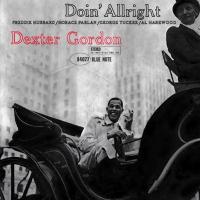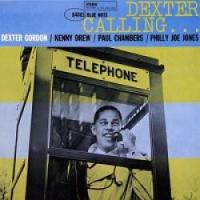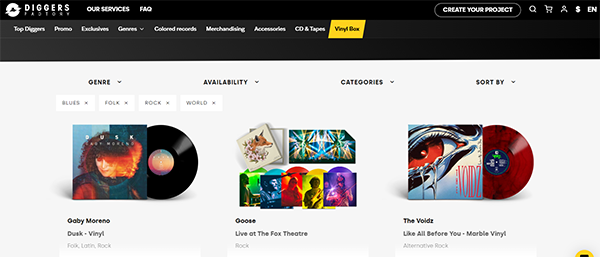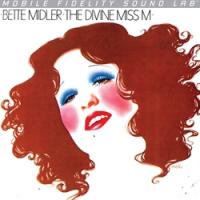Album Reviews
Sort By: Post DateTitle Publish Date
|
May 25, 2019
|
May 01, 2008
|
Dec 01, 2010
|
Aug 28, 2024
|
Dec 21, 2016
|
Oct 01, 2007
|
Dec 16, 2019
|
Jan 05, 2013
|
Aug 01, 2004
|
Dec 01, 2011
|
Sep 01, 2006















